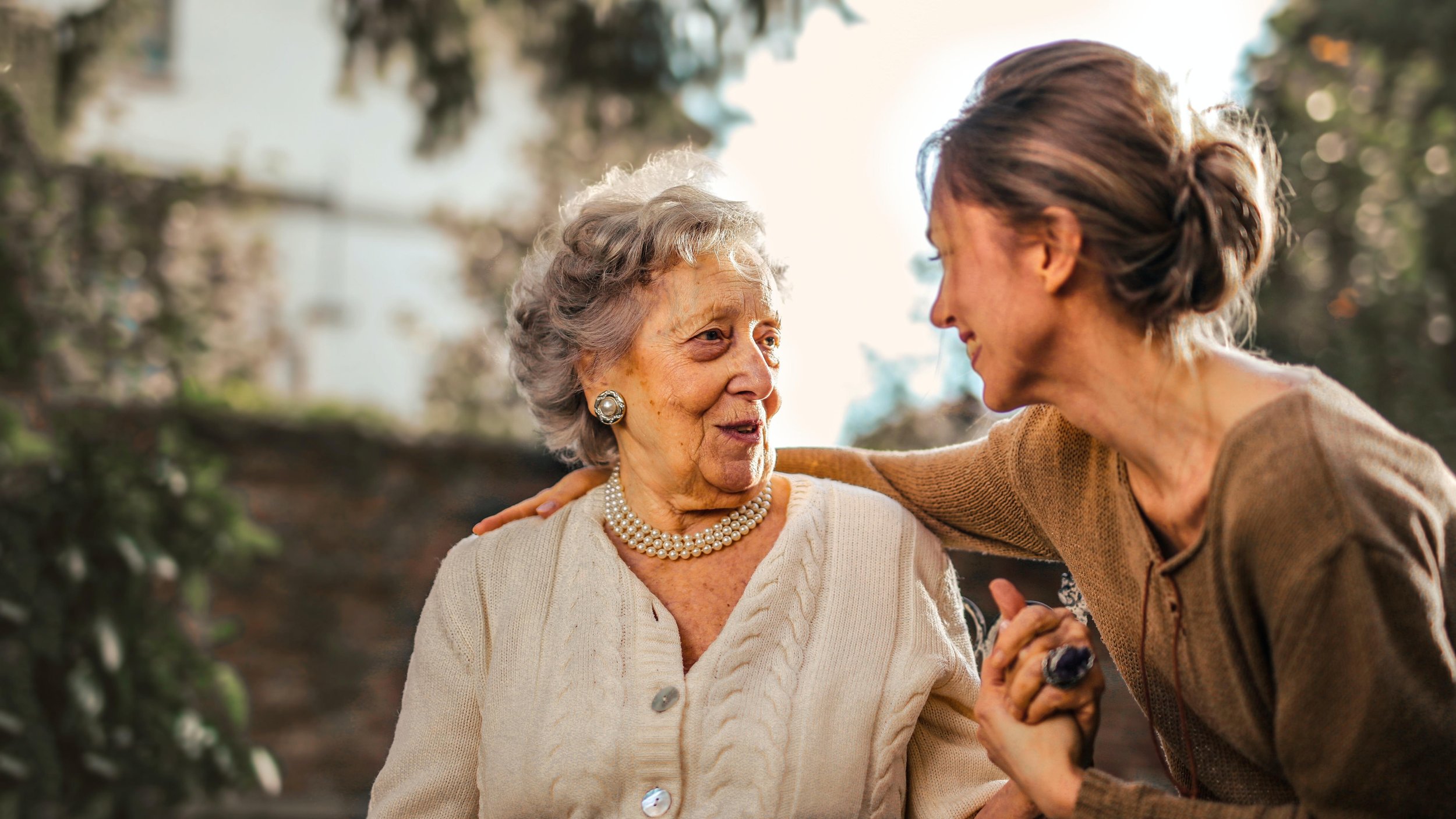The Challenges of Caregiver Guilt
Did you know that over 2.65 million people across Australia are unpaid carers? That's about 11% of the population, with around 860,000 stepping up as primary caregivers. At Sistability, we understand the weight these amazing individuals carry.
Numbers don’t lie
According to Carers Australia the support these unsung heroes provide equals nearly $78 billion in paid services annually. That’s huge! But behind these numbers lie some staggering truths:
One-third of primary carers offer over 40 hours of unpaid care per week.
More than half of primary carers dedicate at least 20 hours weekly to care.
Shockingly, over a third of primary carers have a disability themselves - twice the rate of non-carers.
Why might primary caregivers have disabilities at such high rates? It's complex, but caregiver guilt and stress likely play a role.
What is Caregiver Guilt
Caregiver guilt is a byproduct of caring for a loved one and the stress that often accompanies that monumental responsibility. It’s a sneaky side effect of pouring your heart into caring for someone. It can show up as depression, anxiety, or a whole range of overwhelming emotions. It goes beyond occasional frustration and affects not only the caregiver but also the quality of care they provide.
“Caregiving is a paradox. It’s an act of love that brings out our best, yet it can chip away at our physical, emotional, and mental health over time.”
Common Causes
Need for Personal Time:
Struggling to find personal time amid caregiving responsibilities.
Emotional Responses:
Battling impatience, frustration, and guilt when a loved one's health declines.
Feeling Inadequate:
Blaming themselves when their loved ones don’t improve under their watch.Resentment:
Many caregivers sacrifice opportunities to spend time with their family members and friends, advance their careers and accomplish their goals
The toll on caregivers' well-being is evident. Many report declining health, increased loneliness, and financial strain. According to a Carers Australia study, caregivers are almost twice as likely to report low well-being compared to others in Australia.
Strategies to Ease Caregiver Guilt
Self-awareness:
Acknowledging your feelings is a hard but crucial step. Your willingness to name and acknowledge its existence will ultimately help you uncover its root cause, as well as a resolution.Self-care:
A big part of effective self-care is focusing on what you can do, and what’s in your control. Set achievable goals, seek help from family members and friends, and consider professional respite care.Seek support:
Therapists and support groups can be invaluable. Working with professionals can help you process, manage and reframe all of the complex emotions that accompany caregiving (such as guilt)Set boundaries:
Remember, caregiving isn’t your entire identity. Your health and capacity to be an effective carer rely on your ability to balance your caregiving duties with your personal needs.It’s okay to say ‘No,’ especially to non-caregiving requests that only further drain your battery.
One of the most powerful actions caregivers can take is to prioritise quality time with the person they're caring for. Sharing memories, laughter, and celebrating small victories while relishing the joy of being together holds immense power for both sides. Amidst the daily whirlwind, these moments often slip away, and admittedly, making them happen is easier said than done. However, these shared moments become precious treasures, even amidst surrounding challenges.
At Sistability, we understand the weight carers carry. That’s why we’re not just about cleaning and gardening; we're here to lend a hand and a heart, easing the load where we can.
Caregiving may be demanding, but nobody should bear it alone!



